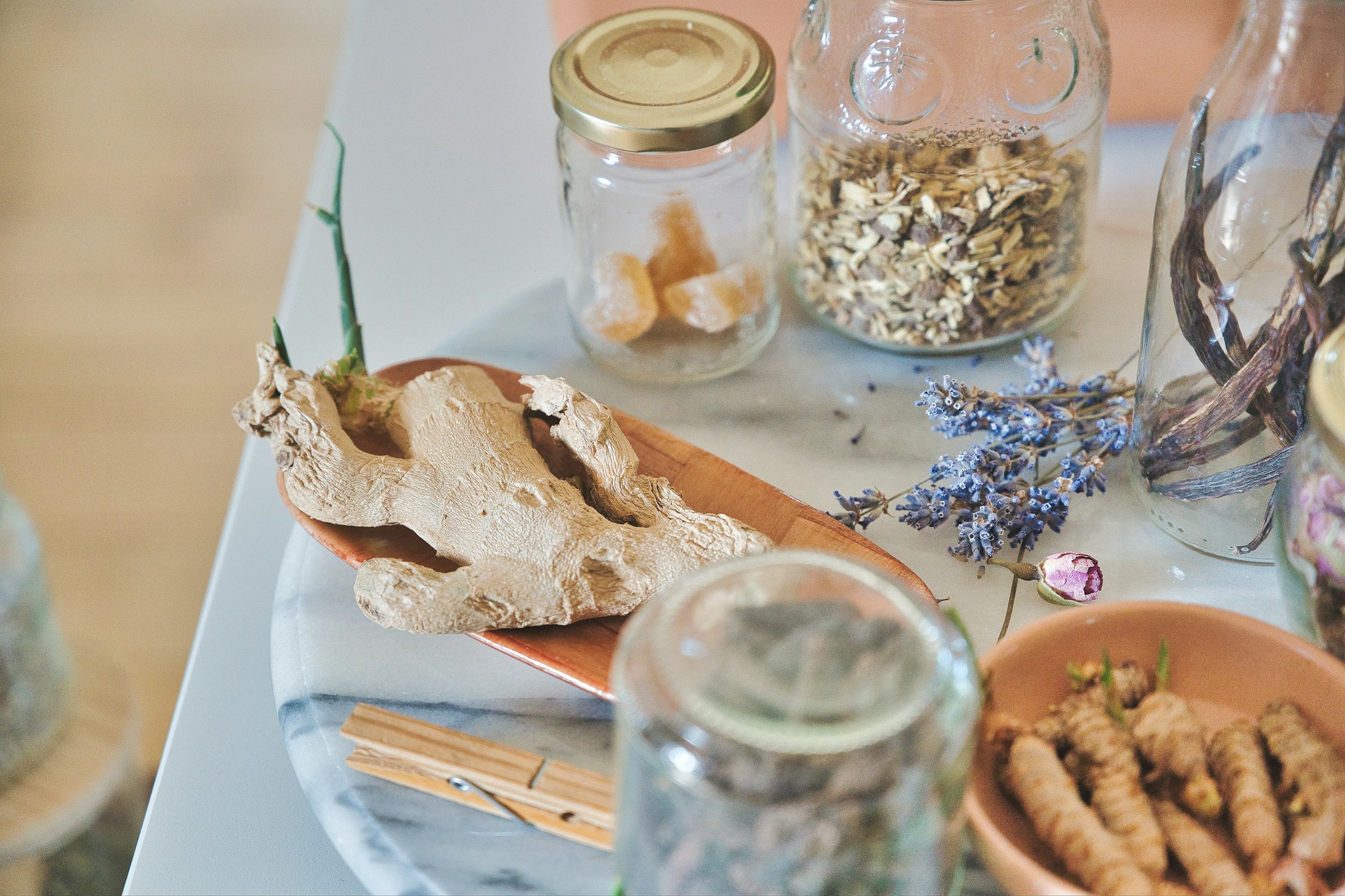.jpeg)
Parasites might sound like something you only hear about in science class or in tropical disease documentaries, but the truth is: they can affect anyone. Yes, even people living in clean environments. These unwanted guests—like worms, protozoa, and microscopic organisms—can quietly invade your gut, stealing nutrients, messing with your digestion, and even draining your energy.
But here's the good news: certain foods don't just nourish your body; they can also help kick parasites out. This article explores 10 scientifically backed, natural foods that can help kill parasites in humans. And even better? These foods also support your body's natural detox processes.
So, if you're looking to cleanse your gut, support your digestion, or get rid of those freeloading parasites, this guide is for you.
